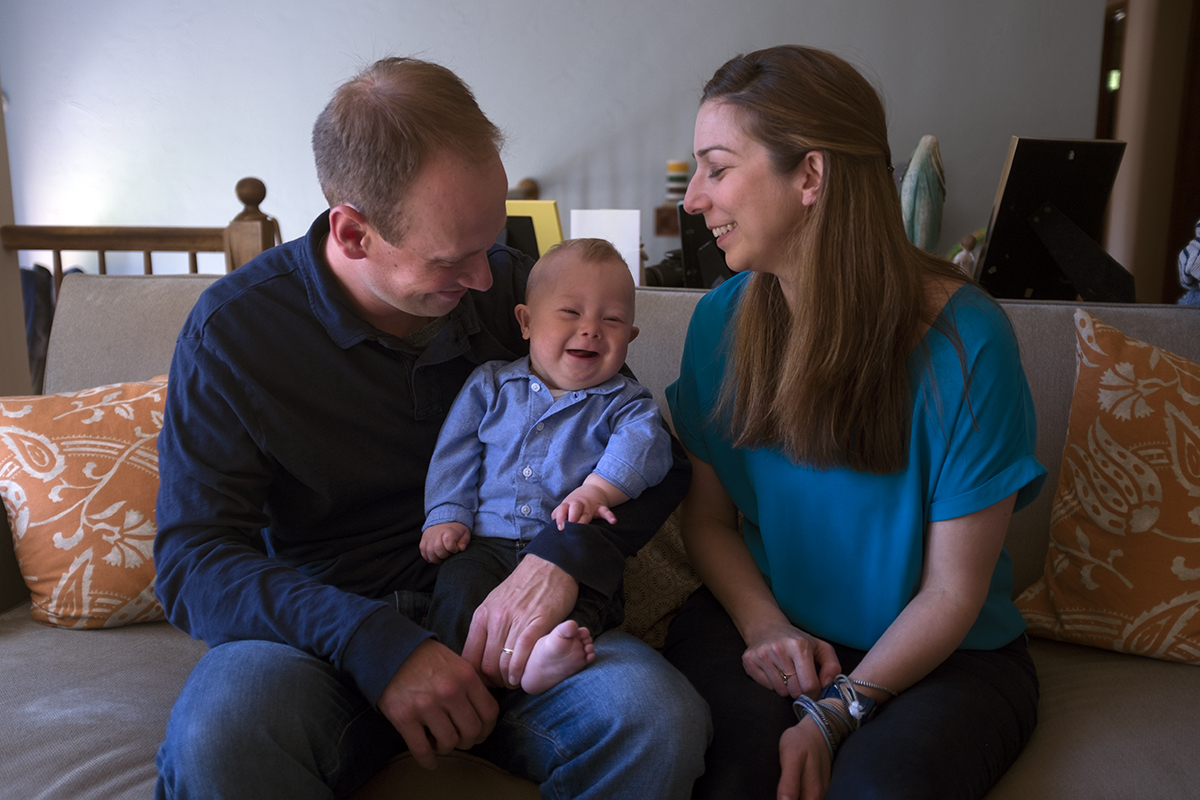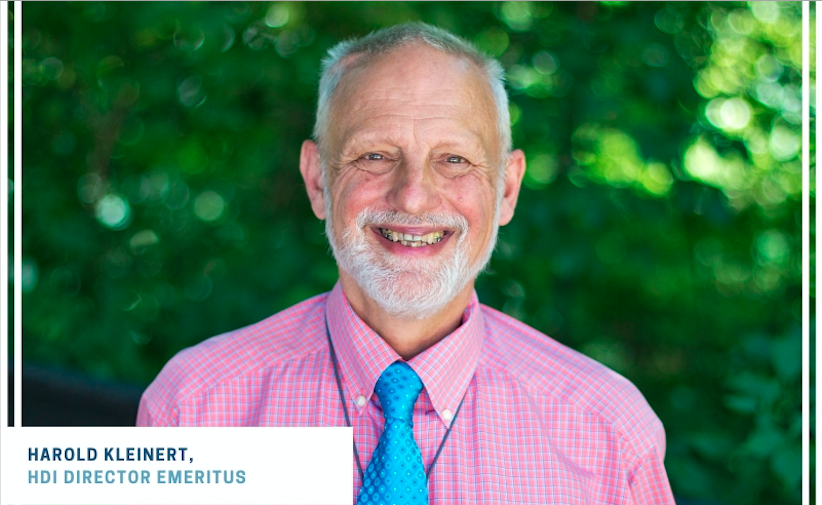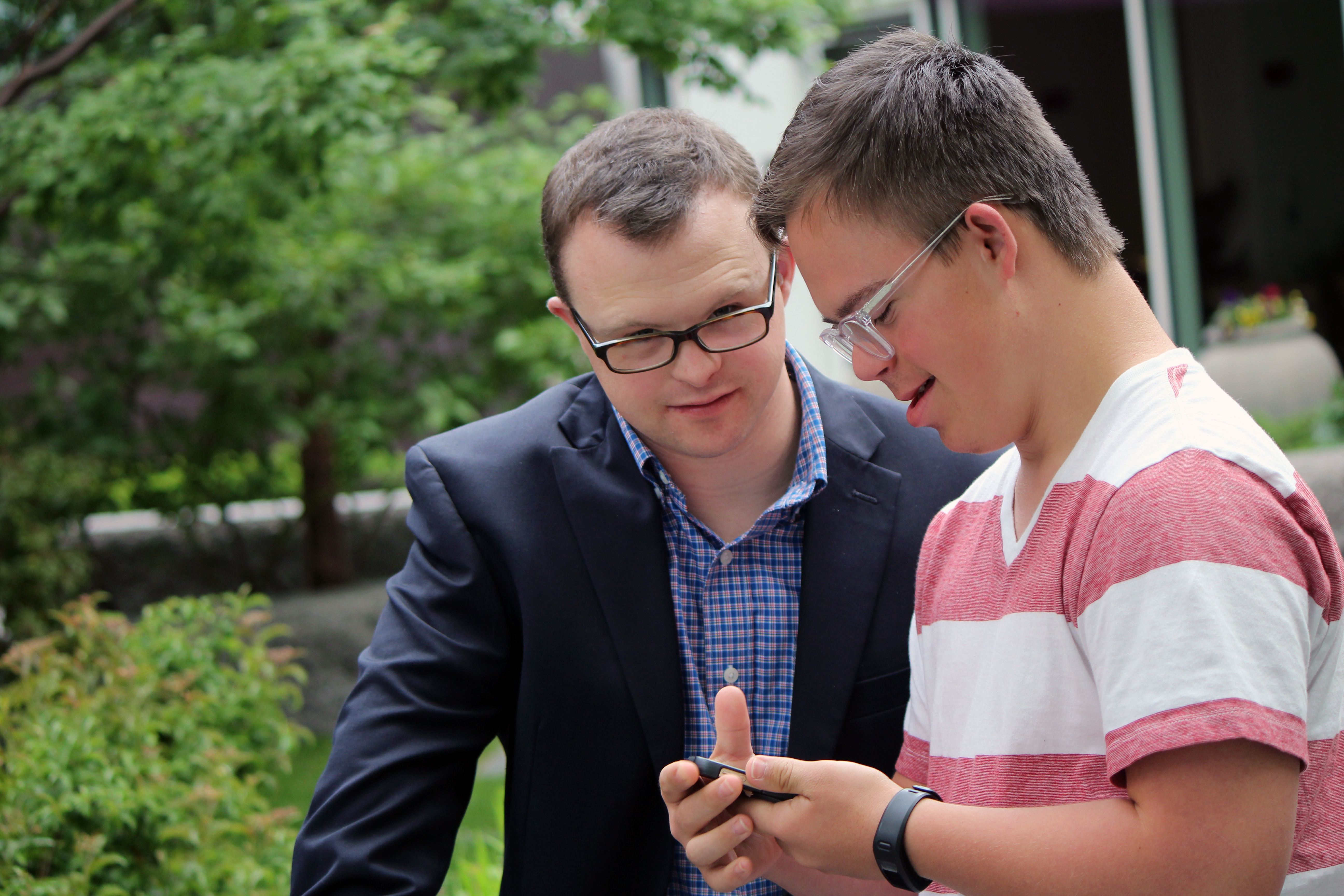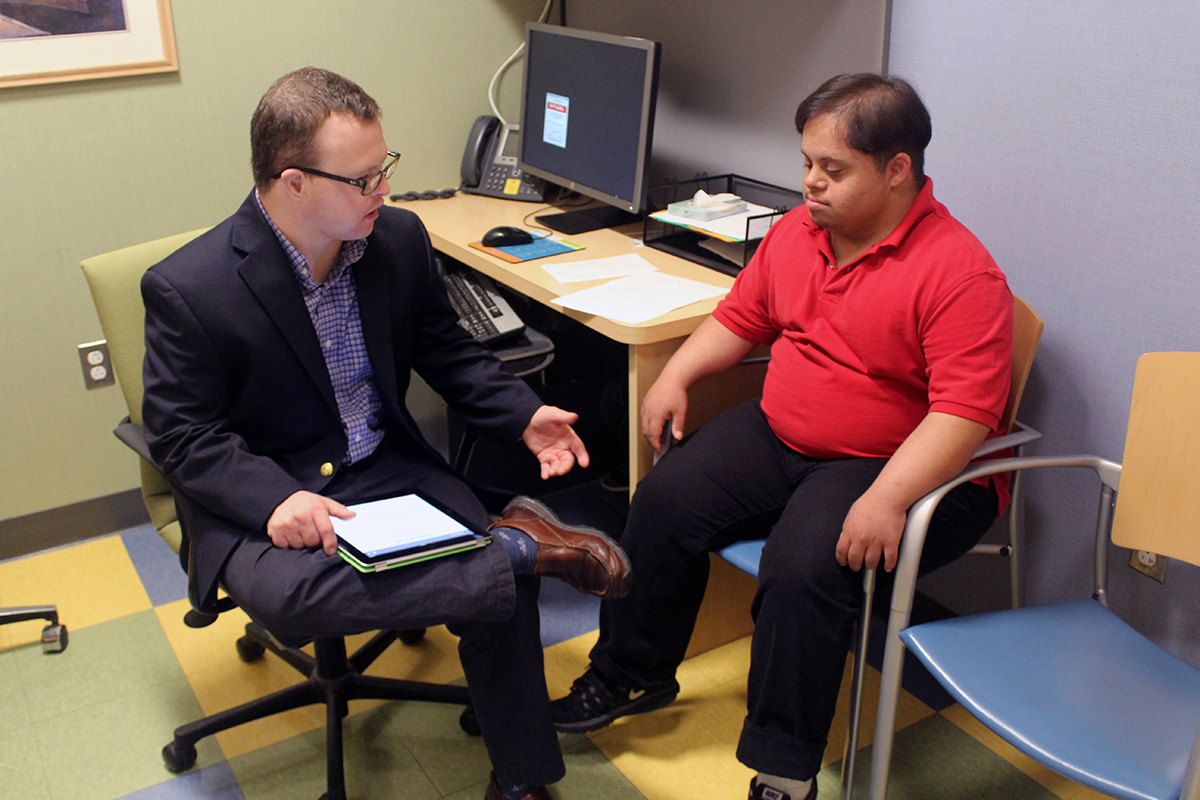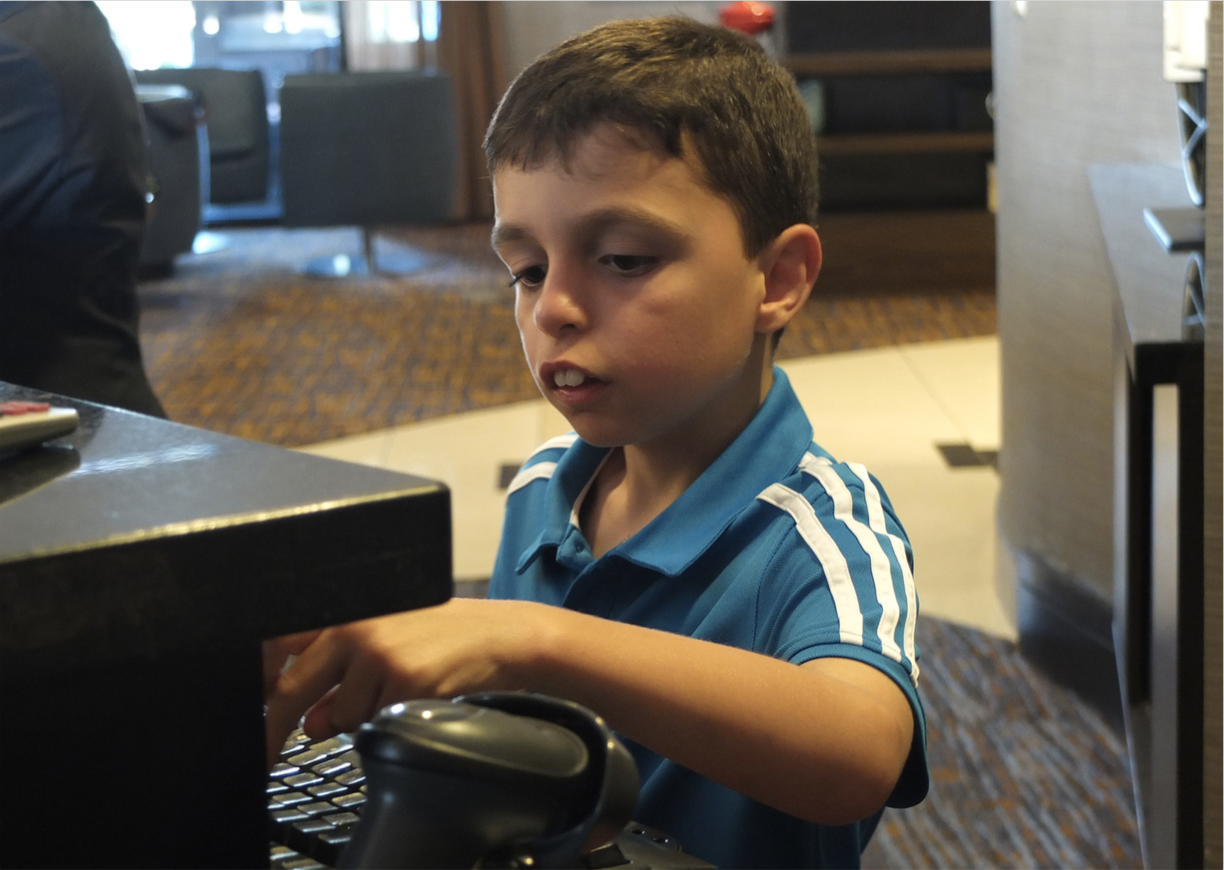In a clinical report released on April 18, The American Academy of Pediatrics recommended resources administered by the University of Kentucky Human Development Institute to pediatricians across the nation. These resources are recommended to be distributed by pediatricians to families learning about a prenatal diagnosis of Down syndrome.
The report directs medical providers to Lettercase: National Center for Prenatal and Postnatal Resources, which has been housed within the Human Development Institute since 2012. Lettercase offers both print and digital resources that provide “accurate, balanced and up-to-date information for new and expectant parents learning about a diagnosis of Down syndrome and other genetic conditions,” according to the program website at lettercase.org.
“The guidelines in this report are really the definitive recommendations for pediatricians,” said Stephanie Meredith, director of Lettercase. “So to be included in that, especially when there are just a handful of resources listed… It’s just a real honor.”
The Lettercase “Understanding a Down Syndrome Diagnosis” book was originally developed in 2008 by Meredith and her husband, Justin. Harold Kleinert, who was, at the time, Human Development Institute Executive Director, was the principal investigator of Brighter Tomorrows, a grant funded through the U.S. Center for Disease Control Cooperative Agreement with the Association of University Centers on Disability (AUCD) to improve physicians’ capacity to provide accurate information to families upon the diagnosis of Down syndrome in their child. Brighter Tomorrows, which is also listed in the American Academy of Pediatrics report as a resource for families, has now merged with Lettercase as one national center.
Meredith and Kleinert had a vision of the societal need they could begin to meet by bringing their resources together. Generally, according to Meredith, grant-funded programs have a natural shelf life, as grants come with finite funding usually dispensed over a set number of years; so while Brighter Tomorrows was initiated through a two-year development grant and a subsequent one-year national dissemination grant Meredith and Kleinert found funding for Lettercase through book sales and various other revenue streams.
“It was kind of this piecemeal hardscrabble program, but we’ve made it flourish,” said Meredith. “It’s been a labor of love for [the Human Development Institute] and the Joseph P. Kennedy, Jr. Foundation to support this program, because it was definitely driven by wanting to meet a need that families have, as opposed to just fulfilling the cut out terms of a grant… We figured out a funding structure because we believed in the purpose of what we were doing.”
The Human Development Institute is part of a nationwide network of University Centers for Excellence. The inclusion of the Human Development Institute in the American Academy of Pediatrics report positions the institute as a leading national resource. For Lettercase resources, click here. For more information on the Human Development Institute, click here.
